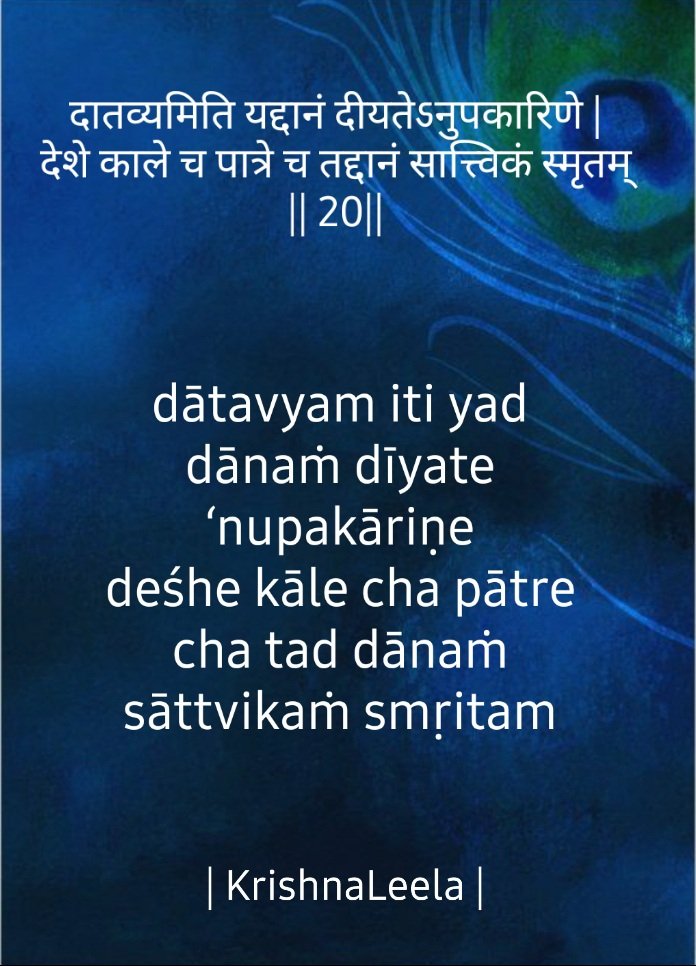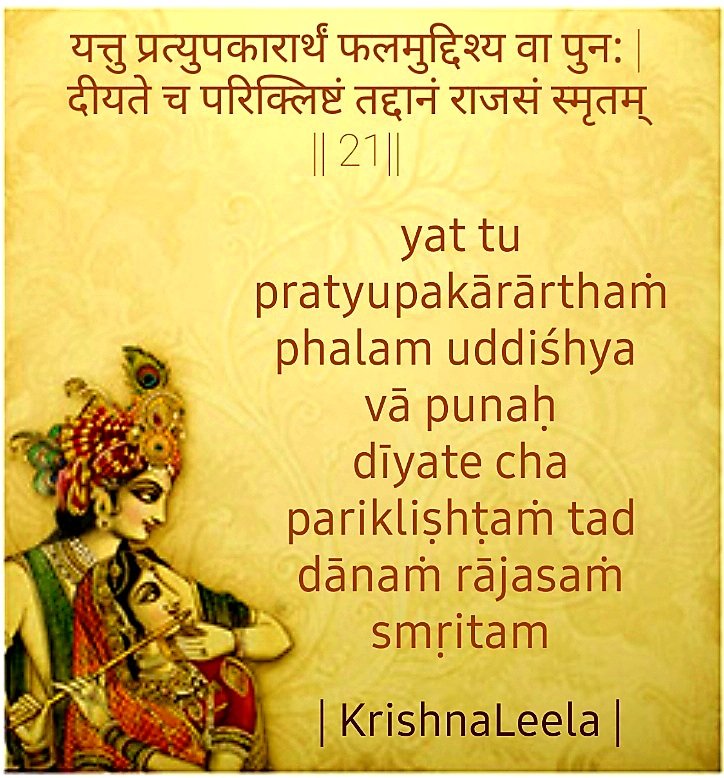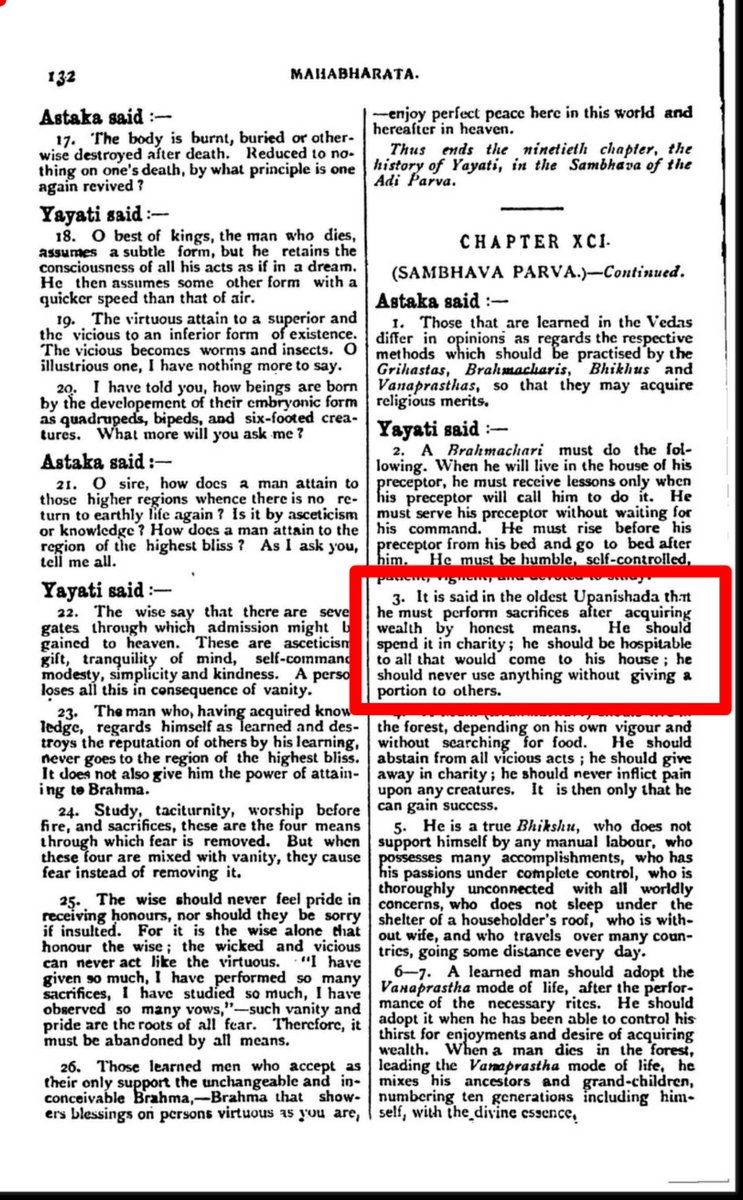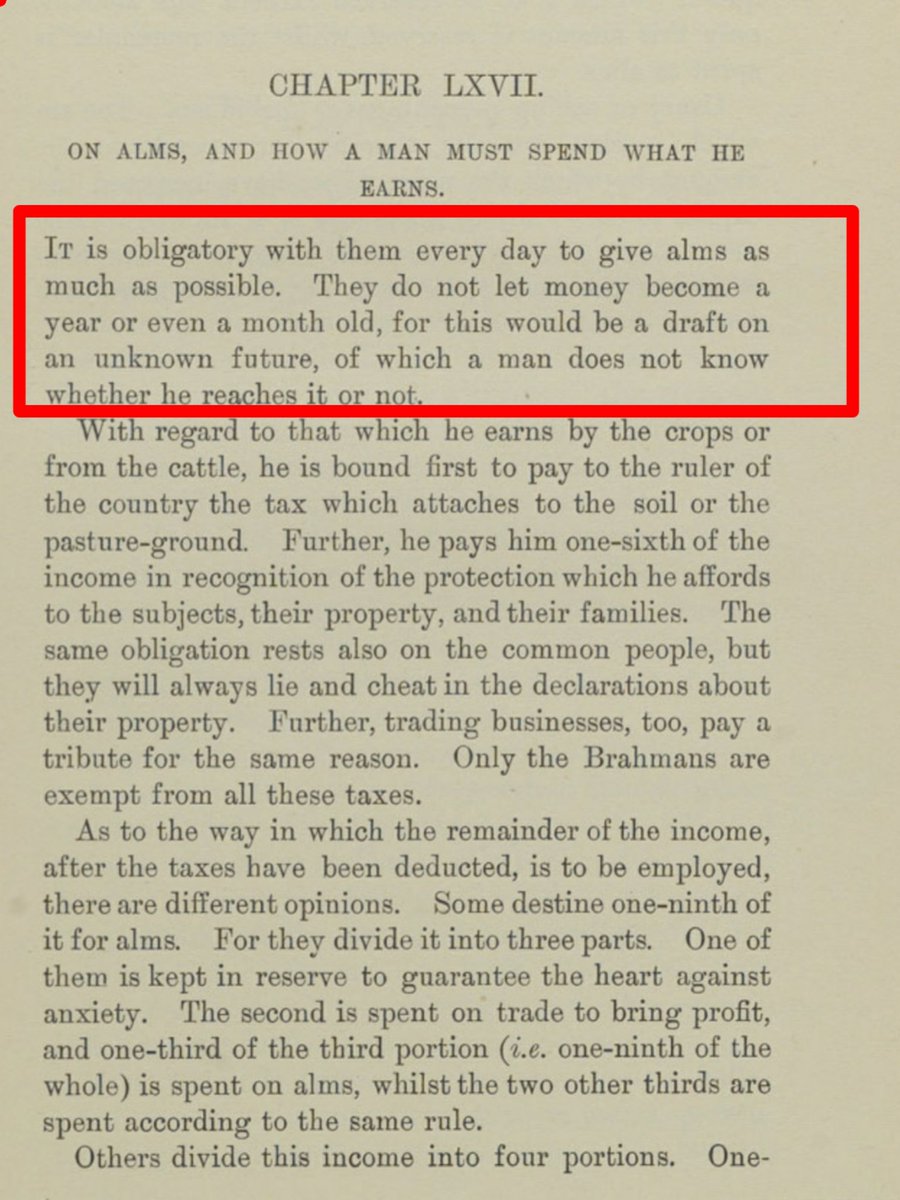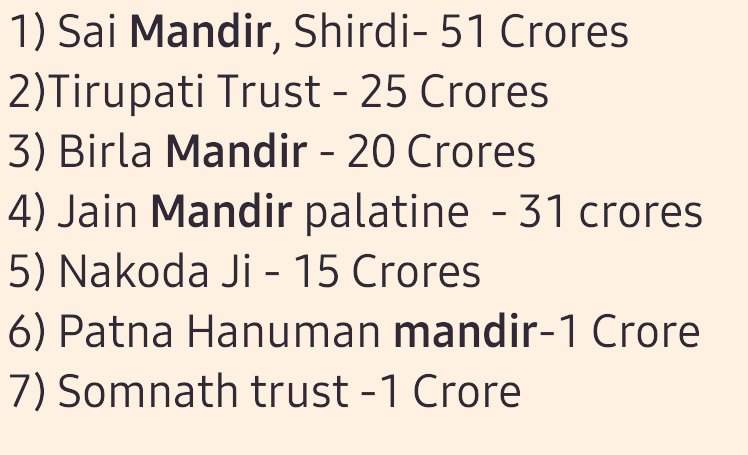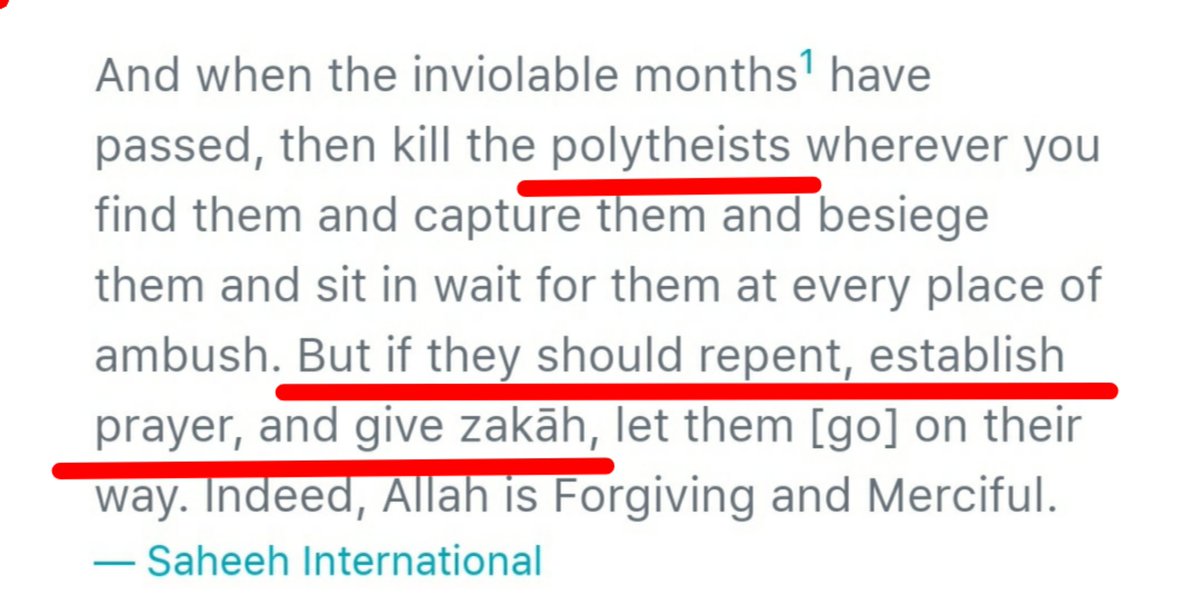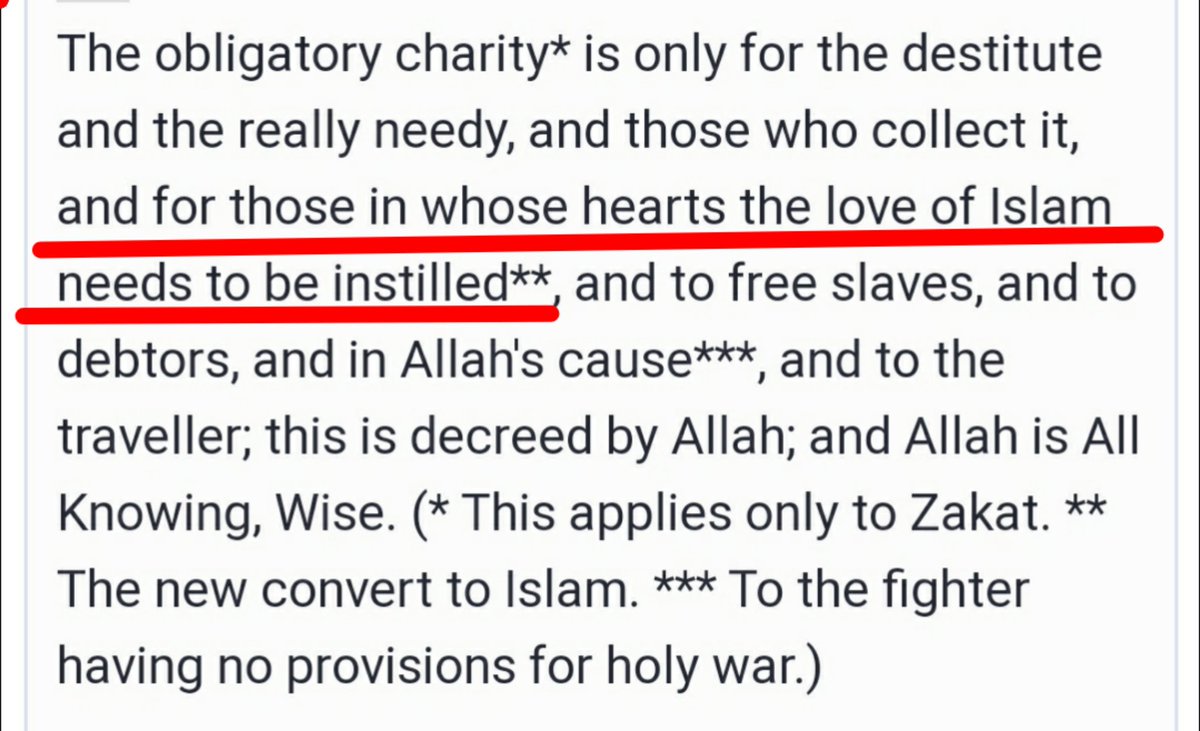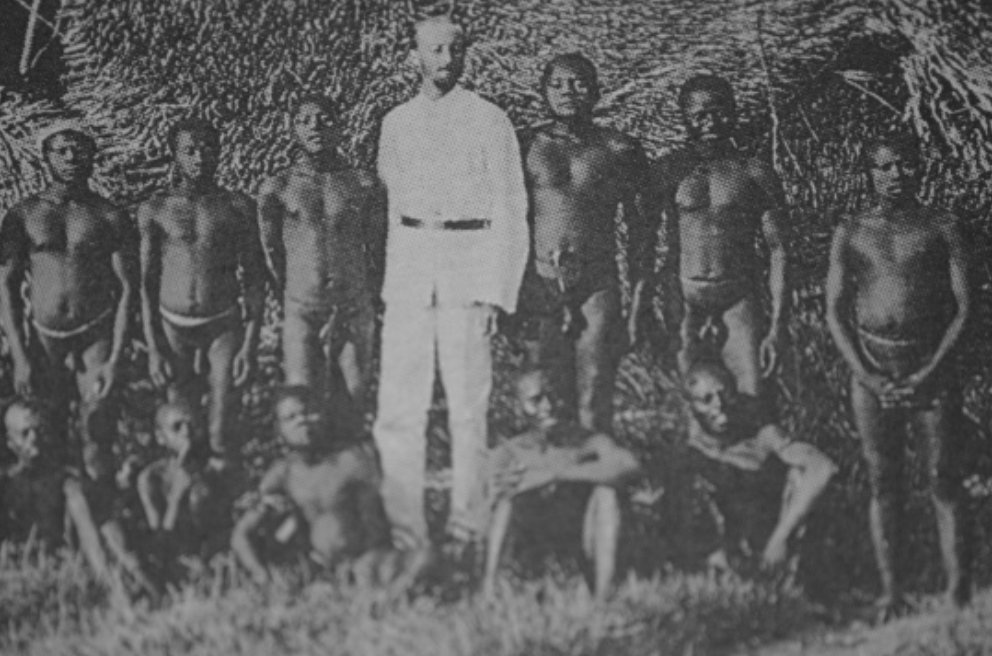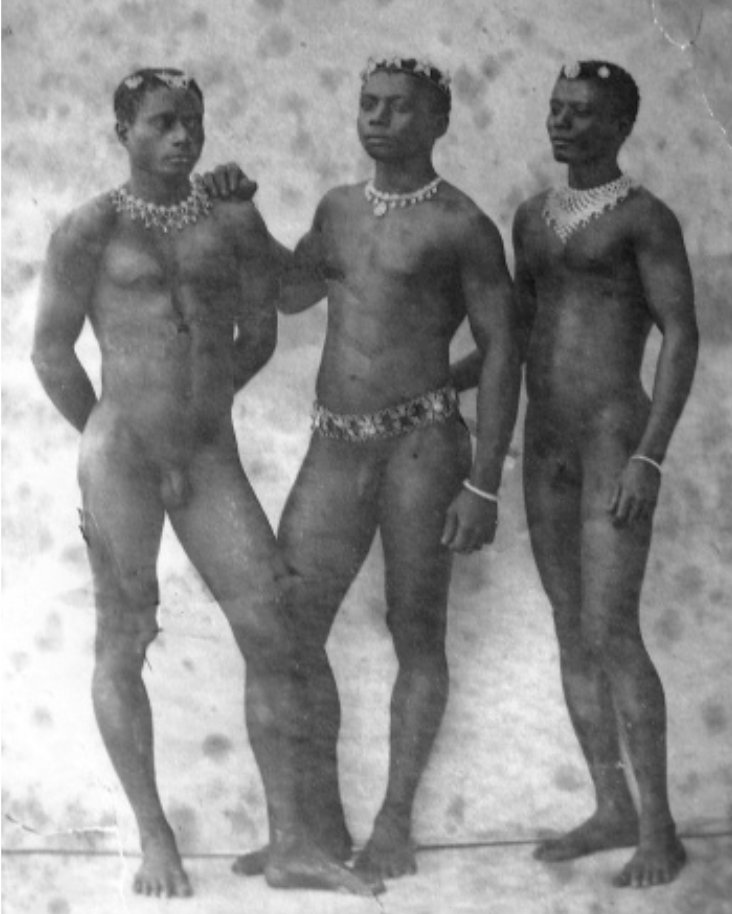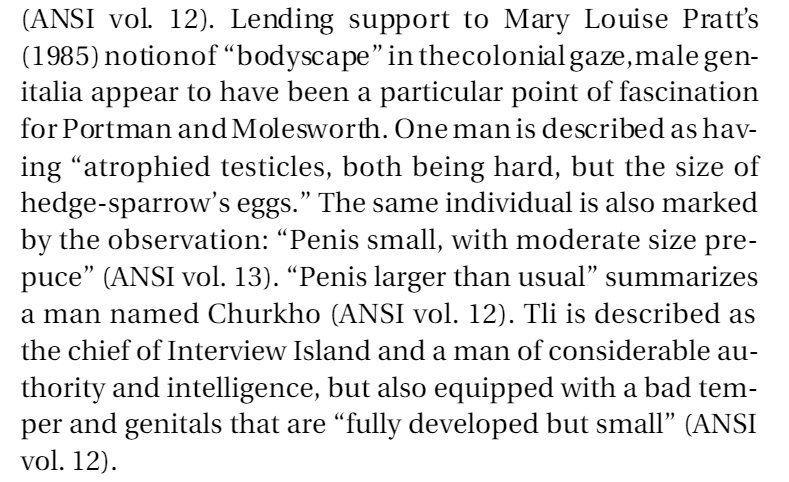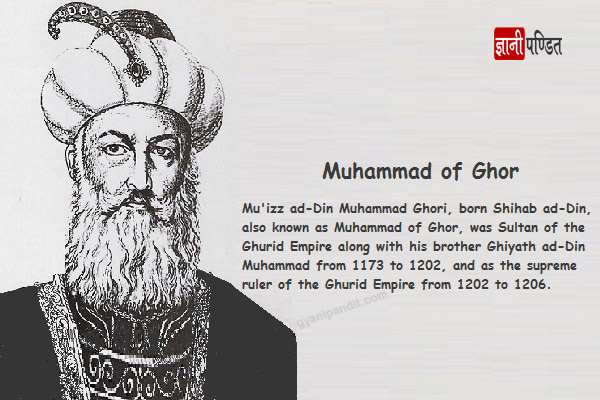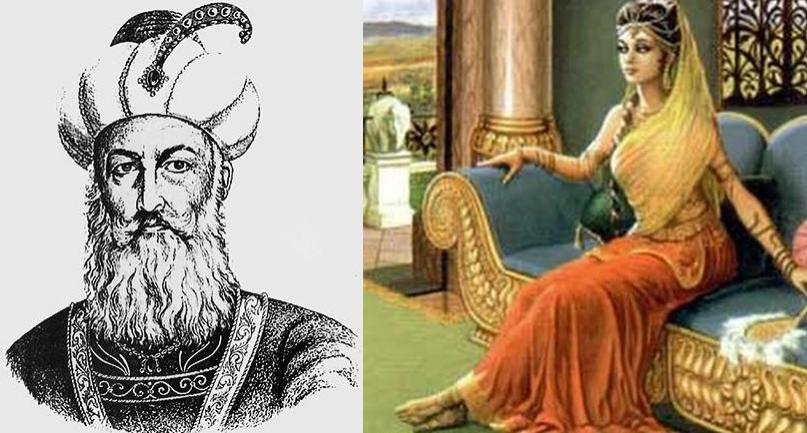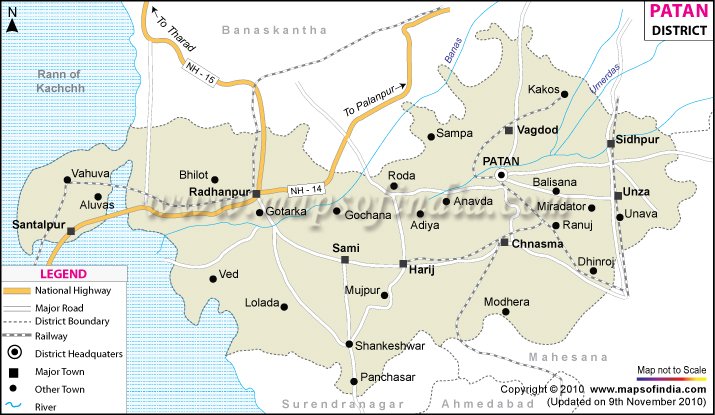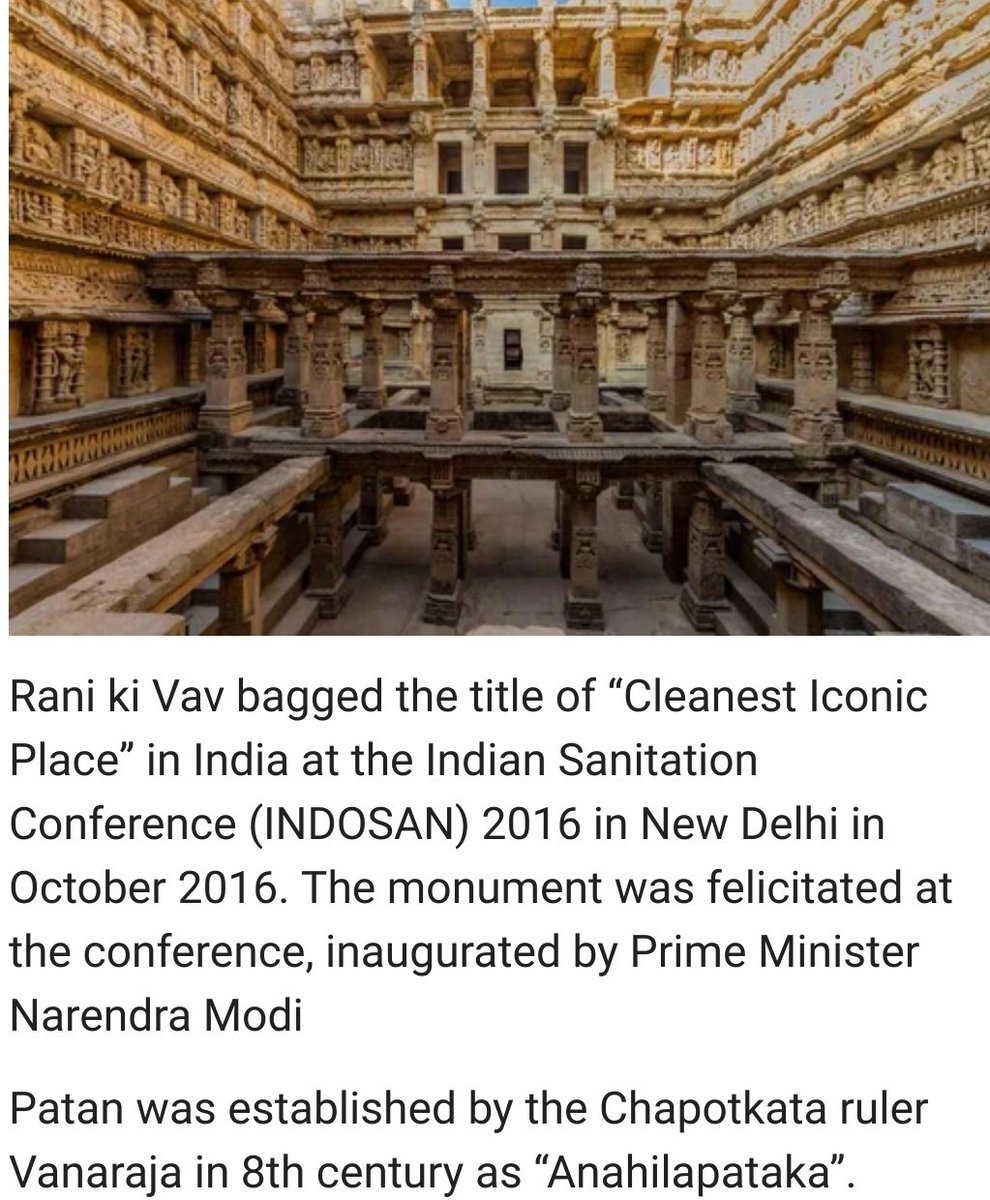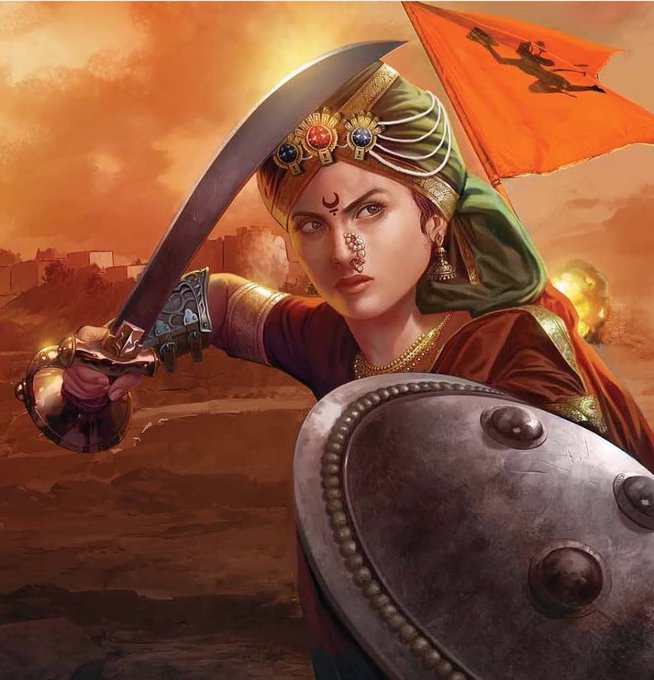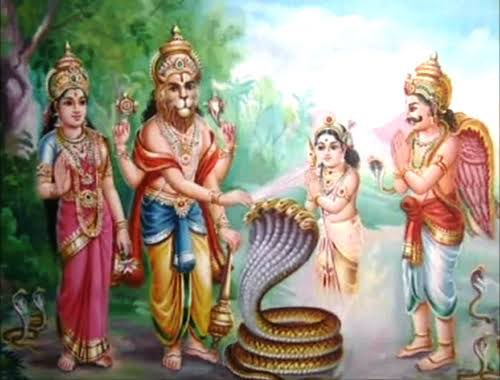While the Izl@mic Zakat or xtian Charity is limited to people who adopts their faith the real meaning of Dāna,Dakshina & Bhiksha has all together a different purpose that doesn't come with the baggage of gaining something in return.
Many of our scriptures points out the duty, benefit and purpose of Dāna. Here are a few references from our Sanatani scriptures that attunes to charity.
In Bhagavad Gita, (17:20) Shri Krishna mentions that charity given without the expectation of anything in return is the highest form of Charity & is considered sattvik.
#BhagavadGita
#KrishnaLeela
In the next verse (17:21) Krishna particularly says charity given with any expectation of any reward or return or given with reluctance or grudges is not the highest form of charity thus emphasisg the selfless form of Dāna even more.
#talesofkrishna
Upanishads which were composed some 1000s of years before the advent of any Abrahamic faith mentions the virtue of Dāna.
तदेतत्त्रयँ शिक्षेद् दमं दानं दयामिति
Learn three cardinal virtues - self restraint, charity and compassion for all life.
— Brihadaranyaka Upanishad, V.ii.3
Chandogya Upanishad, Book III, similarly, states that a virtuous life requires: tapas (asceticism), dāna (charity), arjava (straightforwardness), ahimsa (non-injury to all sentinent beings) and satyavacana (truthfulness)
The mention of act of charity finds its place in our Puranas too. Here it is.
dānamekaṁ kalau yuge
“In the age of Kali, giving in charity is the means for purification.”
-Bhaviṣhya Purāṇ
nyāyopārjita vittasya daśhamānśhena dhīmataḥ
kartavyo viniyogaśhcha īśhvaraprityarthameva cha
“From the wealth you have earned by rightful means, take out one-tenth, and as a matter of duty,give it away in charity. Dedicate your charity for the pleasure of God.”
-Skandh Purāṇ
Our Early Sanatan History compiled in Ramayana & Mahabharata is full of references of the noble act of dāna.
pragaṭa chāri pada dharma ke kali mahuṅ ek pradhāna
jena kena bidhi dīnheṅ dāna karai kalyāna [v6]
“Dharma has four basic tenets, one amongst which is the most important in the age of Kali—give in charity by whatever means possible.”
-Ramayana
"a person must first acquire wealth by honest means, then embark on charity; be hospitable to those who come to him; never inflict pain on any living being; and share a portion with others whatever he consumes."
- Mahabharata
Not just a recommendation charity has always been very much in practice too. Stories of King Janasruti to Karna all emphasizes the virtue of Dana.
Notable Persian Historian Al-Biruni, mentioned in his work that it is obligatory among Hindus to give alms every day as much as possible.
Burton Stein, an American Historian, whose field of research was South India, observed that during Chola & Vijaynagara dynasty temples used to collect donations which were then used to feed people in distress as well as fund public projects such as irrigation and land reclamation
Even today Hindu Temples have continued to follow the same tradition.A big example of it is very recently during the start of Covid it is the temples who came forward to donate in huge. Almost every big temple contributed to the donation unlike the chur(hes or m0sques.
Now a short note on how Hindu practice of Dana is different from Izlam!c Zakat. Polytheists are forced to pay Zakat in order to protect their lives from Musl!ms. Do we see such heinous concepts in Hindutva?
Qur@n Surah Al Tawbah [9:5]
#धर्मान्तरण_की_पोल_खोल
Furthermore charity(Zakat) can only be given to Musl!ms.Only scenario where you can help a Non-musl!m is if he is on the verge of conversion or rather to lure him into conversion to !slam. This is much different from Sanatan concept of selfless charity.
Surah Al Tawbah [9:60]
